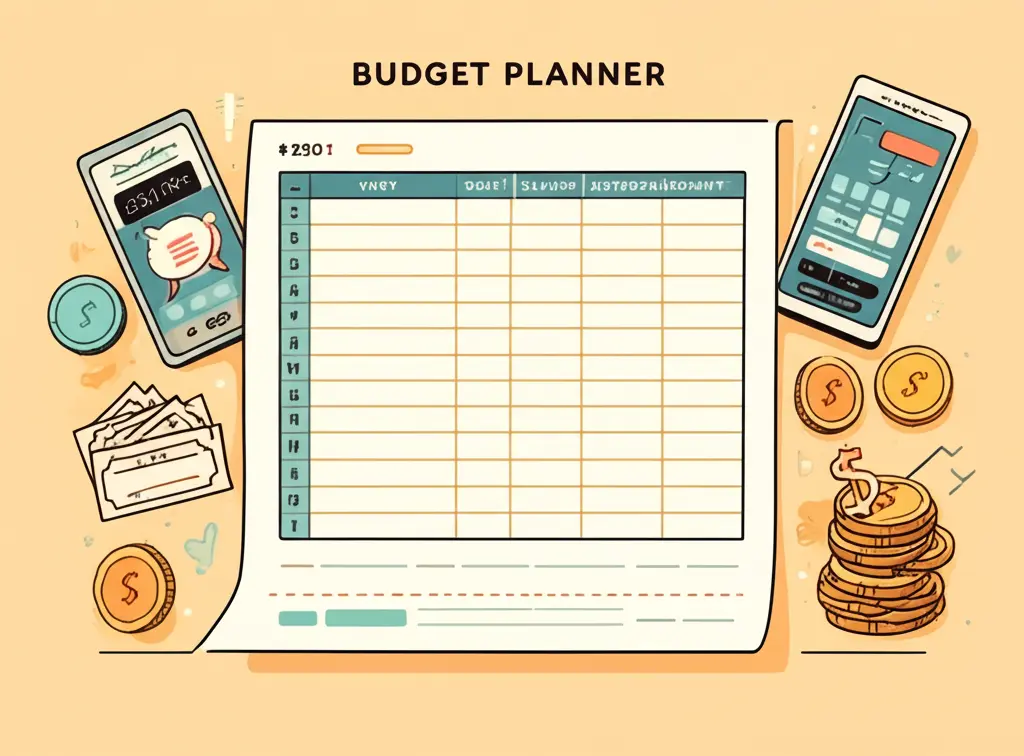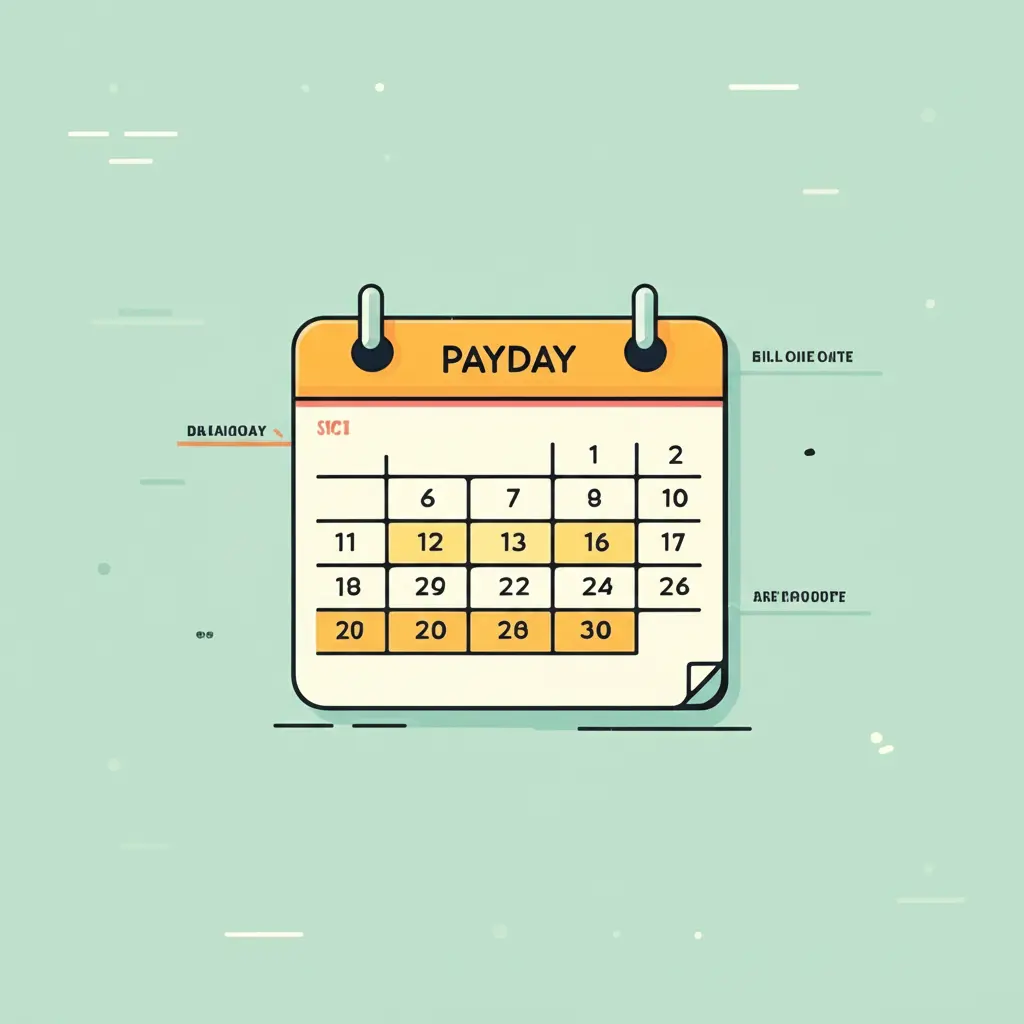Managing Finances at 30: A Simple Guide to Getting Ahead
Discover practical steps to improve your financial health in your 30s.

Hey there! Let’s chat about navigating finances when you hit the big 3-0. It’s normal to feel a bit behind when it comes to money matters, but don’t fret—I’ve got some practical steps to help you get started.
Are You Really Behind or Just Feeling the Pressure?
It’s easy to feel like you’re the last kid in the class to finish a test, especially when scrolling through social media. But take a moment to assess: are you truly behind on your financial goals, or are you just feeling societal pressure?
Step 1: Evaluate Your Current Financial State
Begin with a snapshot of your current finances. This includes knowing your income, expenses, and debts. Don't worry if it's messy—awareness is the first step to improvement.

Step 2: Set Financial Goals
Having clear objectives can transform your money management. Whether it’s paying off student loans, saving for a home, or building an emergency fund, set realistic and measurable targets.
Step 3: Create a Budget
Think of budgeting as a tool, not a restriction. Allocate funds for essentials, savings, and, yes, even some fun. Keep it flexible; adjust as your financial situation evolves.
Practical Tips for Boosting Your Finances
Automate Your Savings
Automation can be your best friend—set automatic transfers to savings accounts so you're consistently moving towards those goals.
Invest in Yourself
Consider learning new skills or taking courses that can bump up your earning potential. This isn’t just an investment in your career but also in your long-term financial health.
Assess and Tweak Regularly
Every few months, take a look at your budget and financial goals. Assess what works, what doesn’t, and what needs adjustment.

Overcoming Common Financial Challenges
Encountering obstacles is part of the journey. Unexpected expenses or lifestyle changes can throw a wrench in the works. Keep an emergency fund and adapt your budget as needed.

Conclusion: Taking Control of Your Financial Journey
Remember, your financial journey is personal, and it’s okay if it doesn’t compare with others. What matters is making continuous progress and adapting to the changes life throws your way.
What financial goal are you setting next, and what’s your plan to reach it?




